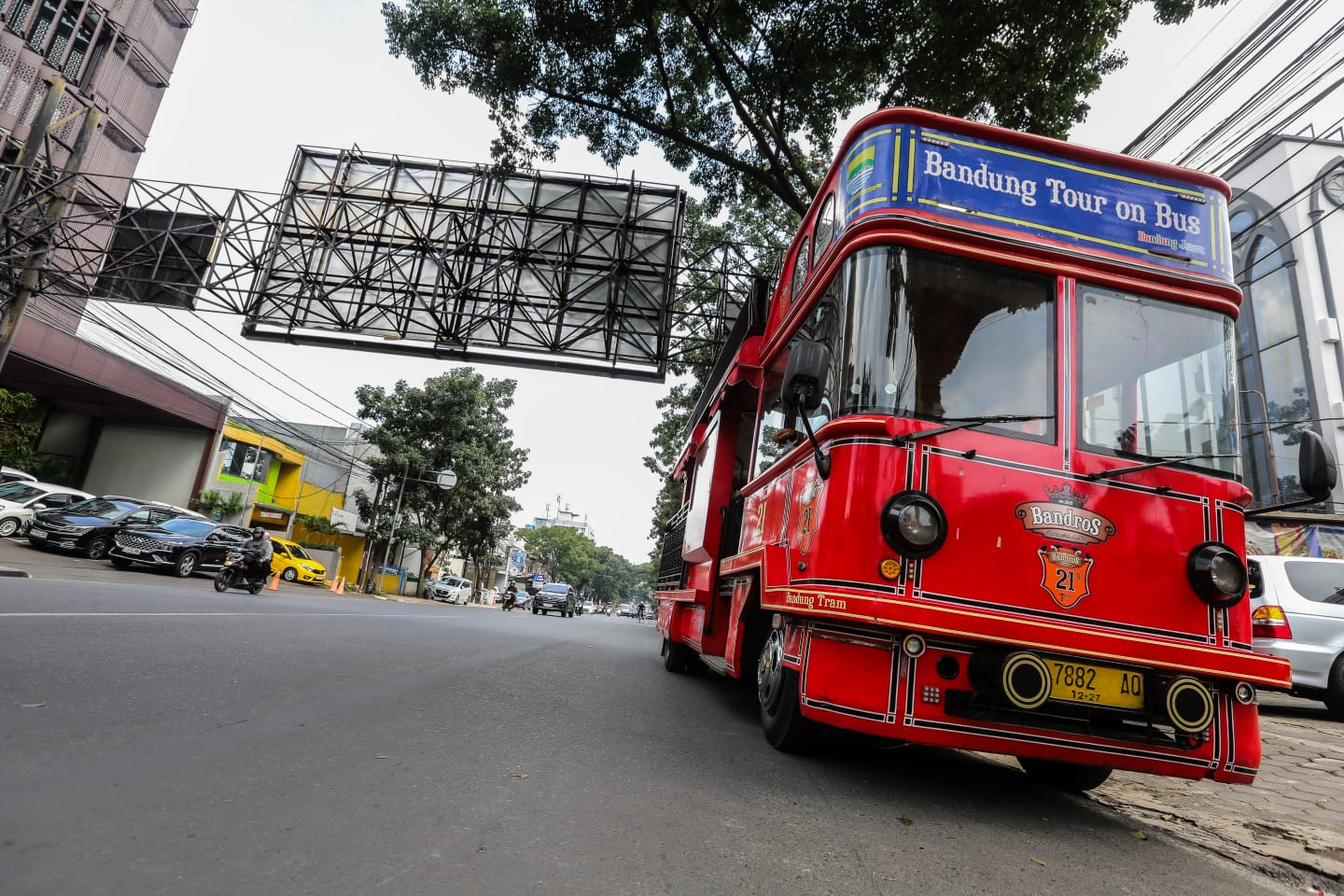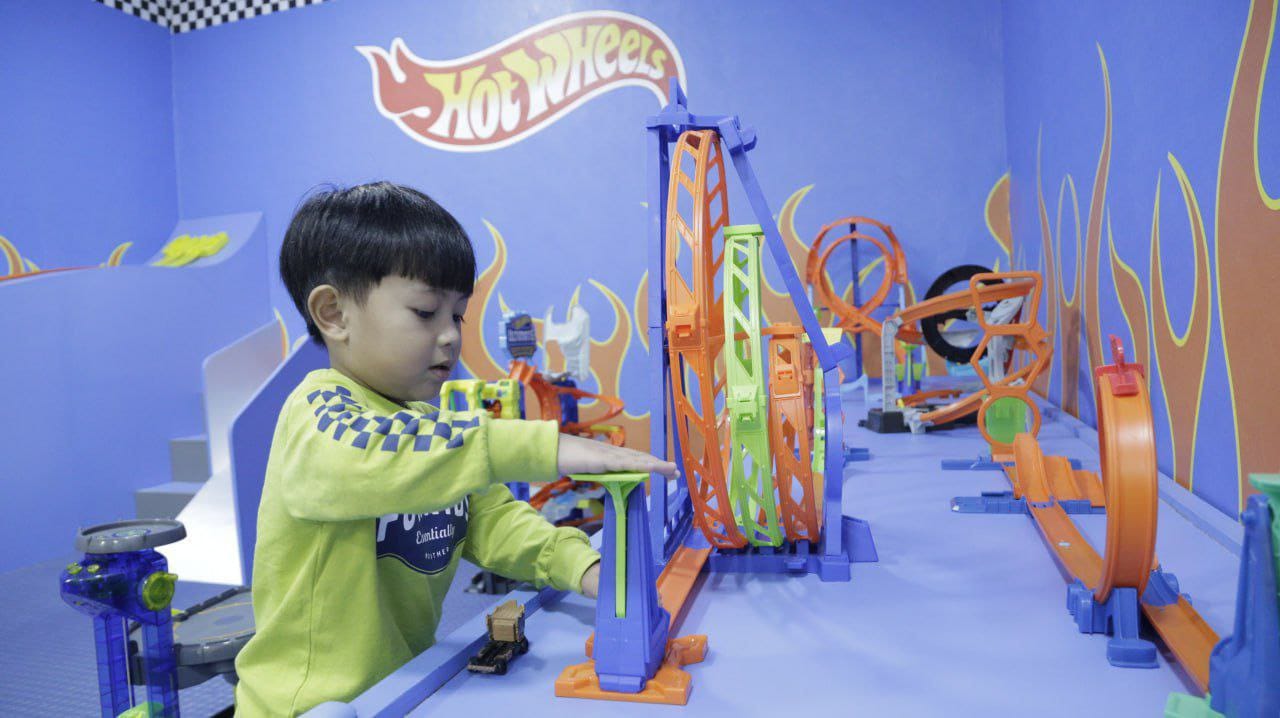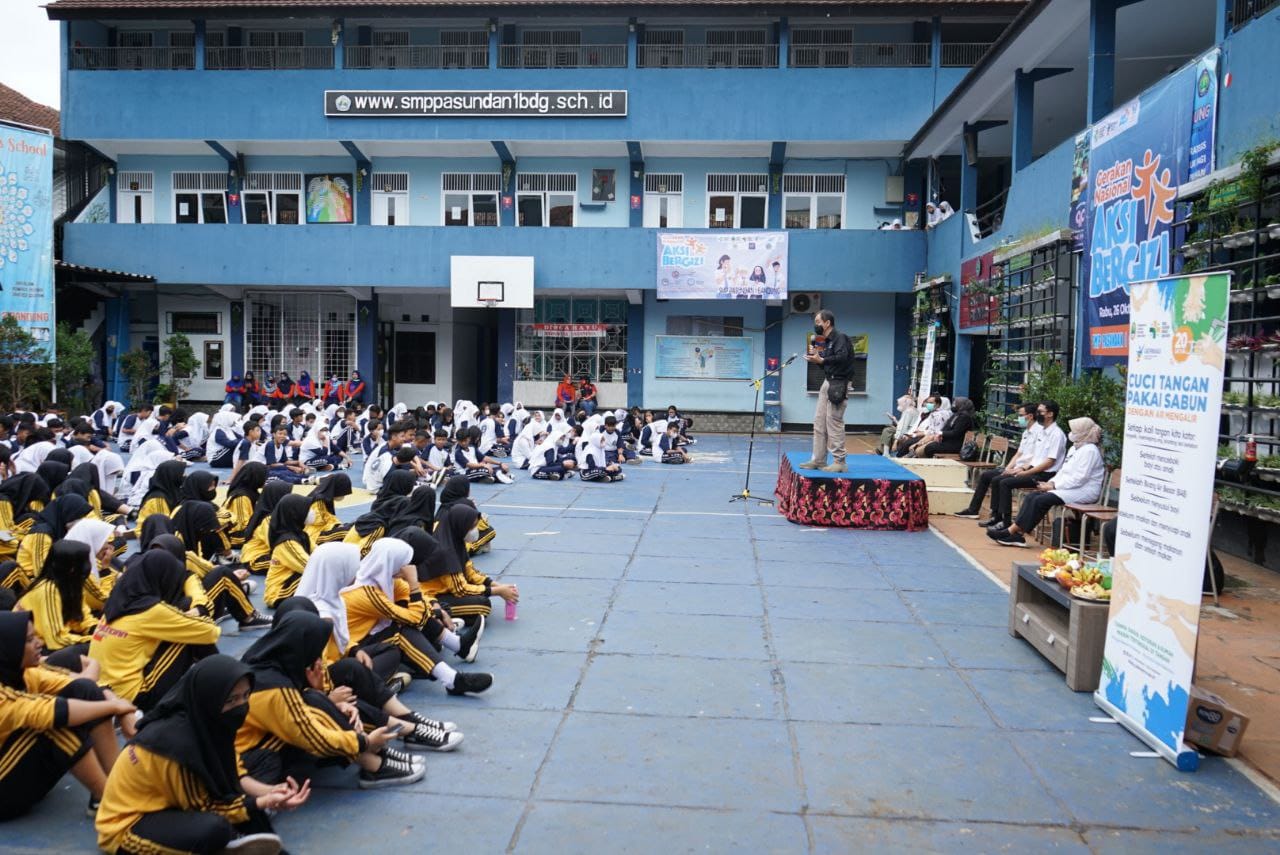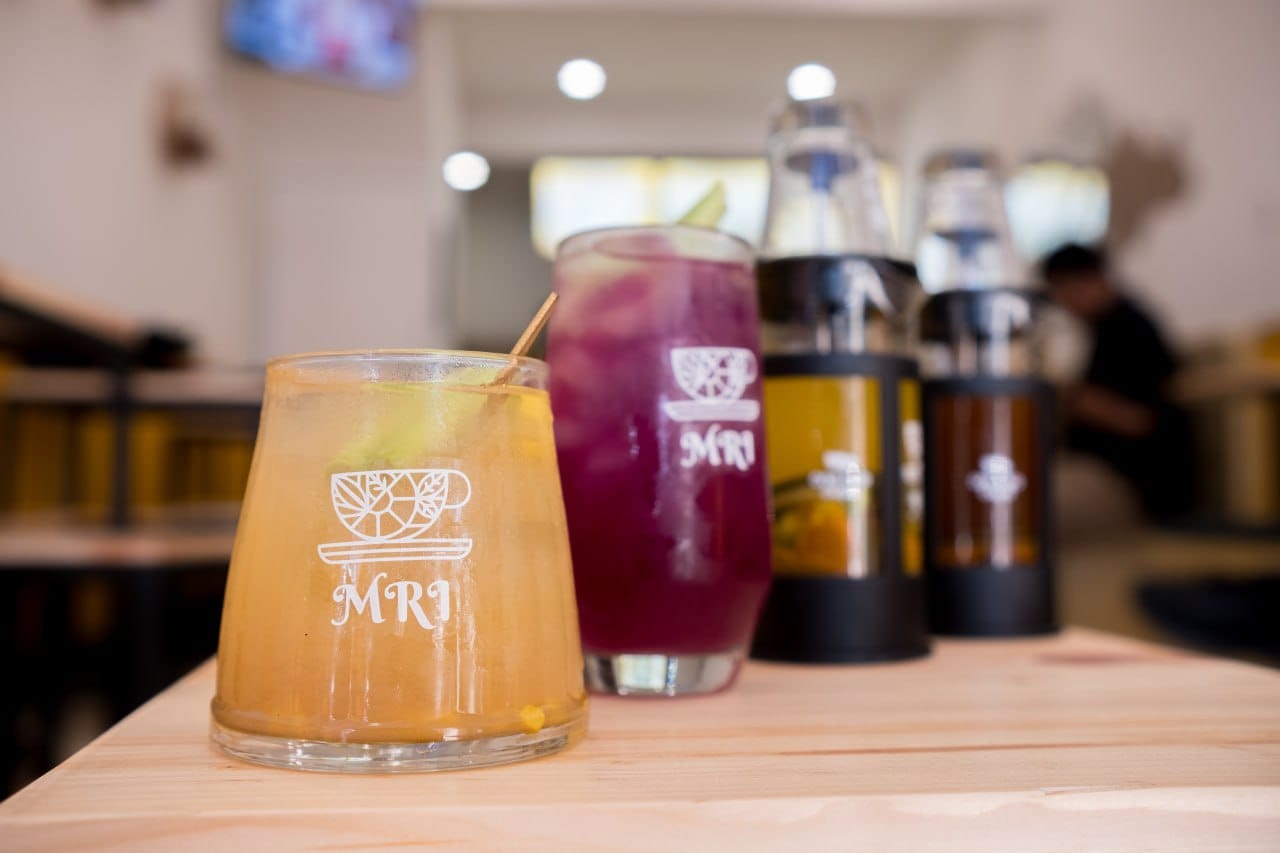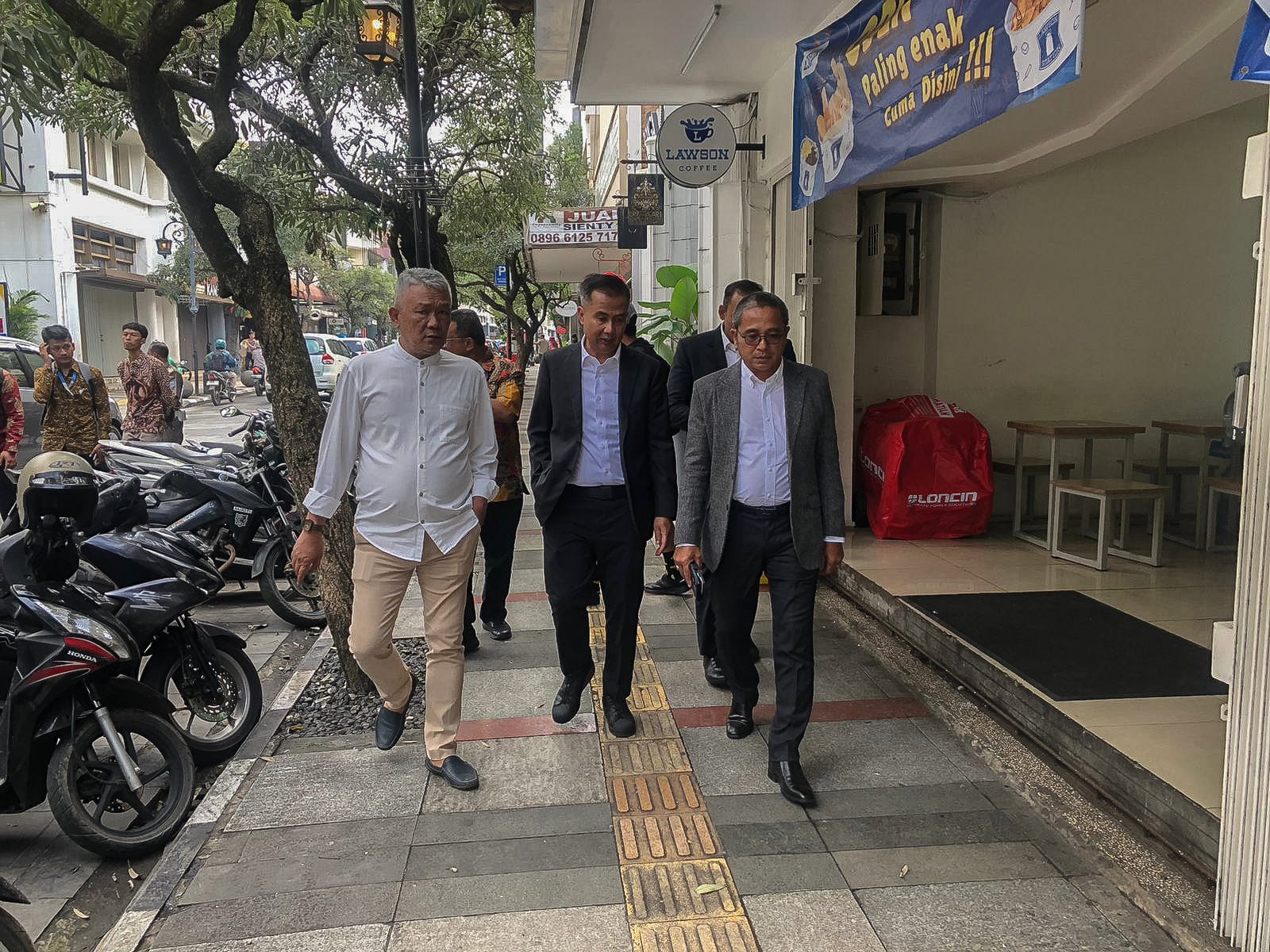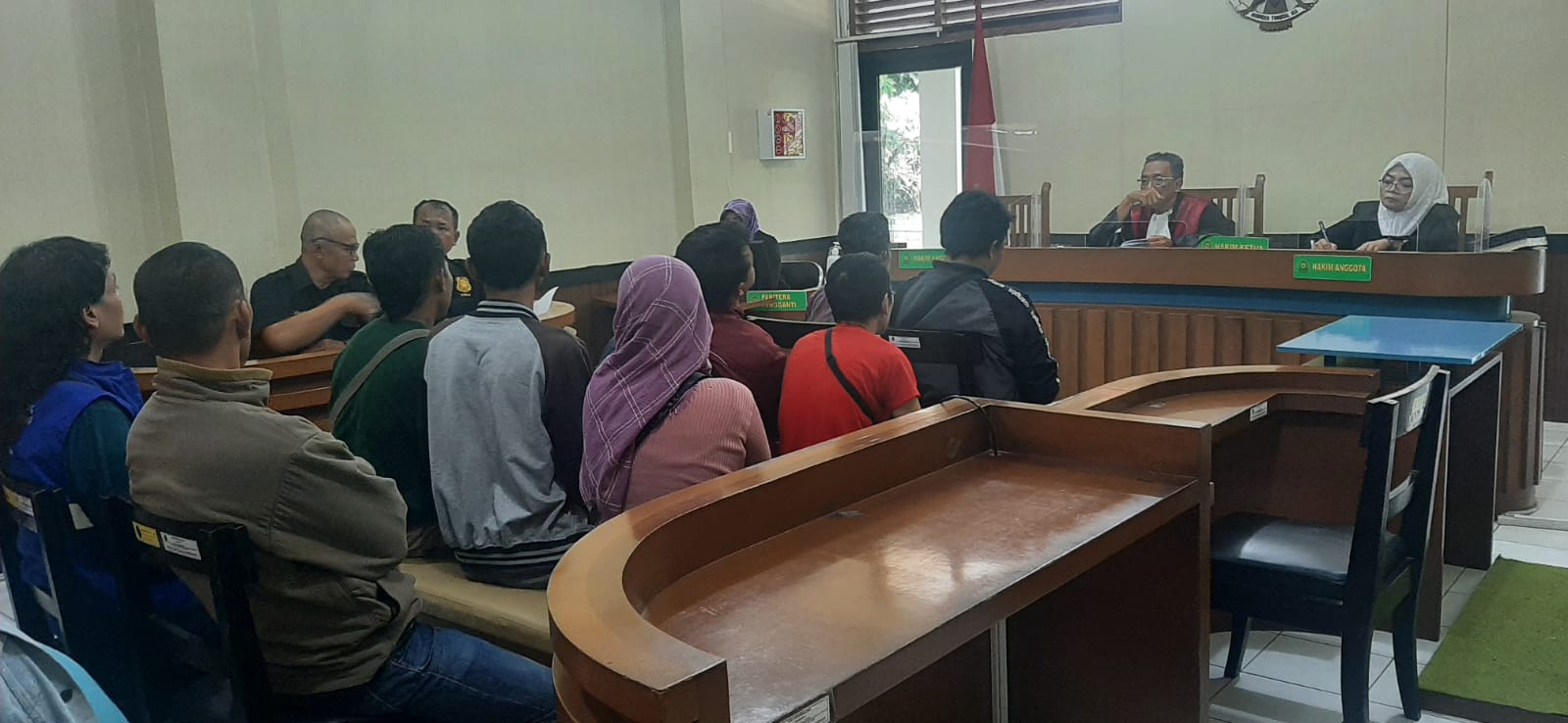Integration of Urban Farming RW 05 Dago: From Thematic Alleys, Precious Metals, to Bali
Waste management is not only limited to disposing of waste in its place. More than that, waste processing that is integrated with urban farming is able to create its own beauty and uniqueness in RW 05 Dago, Dago Village, Coblong District, Bandung City.
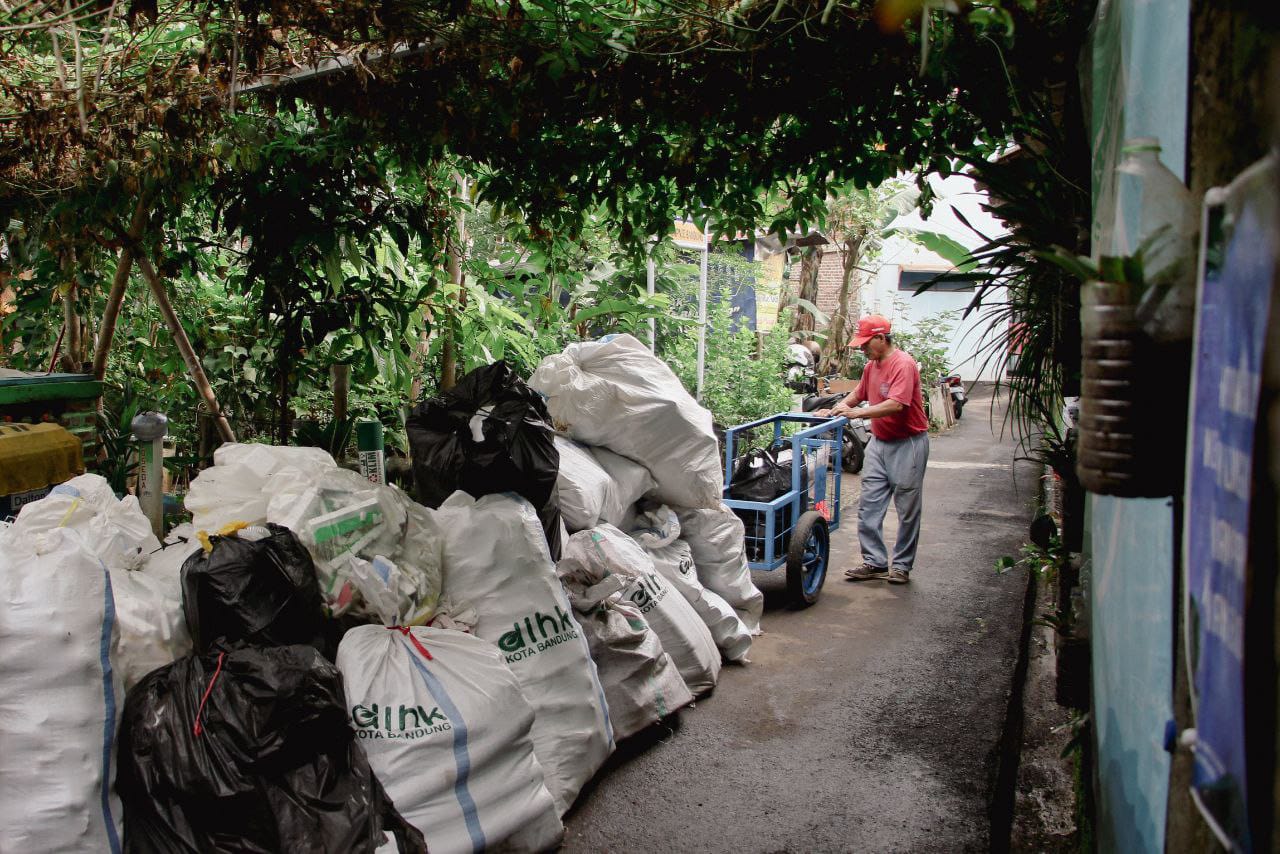
This was explained by the Head of the Dabaresih Community Self-Help Group (KSM) RW 05 Dago, Agus Sukaryat. He explained that organic waste processing in his area is carried out every Saturday at 08.00 WIB.
"We pick up the trash from house to house. Each resident is facilitated with segregated buckets. Then we pick up the trash and collect it at a source point at the Dabaresih post," said Agus.
Organic waste is treated with terawang bricks, composer drums, loseda, and food waste containers (wasima). The processed products turn into solid fertilizers, eco enzymes, local microorganisms (MOL).
"The result is also integrated with Uber Farming. There is Buruan Dabaresih too. We involve the residents to manage it. Here we make thematic greenery for each alley. There is a ginger alley, there is an ornamental plant alley. The planting medium is from gallons in the trash bank," he explained
In addition to organic waste, residents also bring inorganic waste to save in the waste bank. There, Agus and his team re-sort the waste that can still be processed.
"After being sorted, we deposit it into the Bandung City main waste bank. Twice a month inorganic waste is deposited into the main waste bank. We also receive used cooking oil waste," he said.
Inorganic waste that is not accepted by waste banks, is processed into recycled creations. Like during the event on August 17, residents made recycled waste creations in the form of ecobricks.
"Because the sachet waste cannot be accepted or accommodated by the main waste bank, so we just process it into ecobricks creations. It can be chairs and tables. We make mats too," he said.
In fact, some residents of RW 05 have exchanged waste for precious metals. If a customer's savings reach IDR 44,000, they can be exchanged for precious metals weighing 0.025 grams.
"There are five customers who have succeeded in exchanging their waste savings for precious metals," he said.
He hopes that the spirit of KSM Dabaresih can remain consistent and sustainable in continuing to educate about segregation of waste from sources or households.
"In the future we also have plans to join the Ministry of Environment program. Then add environmental adaptation actions besides reforestation, such as collecting rainwater, handling waste water, and handling floods and landslides," he admits.
In the near future, KSM Dabaresih will also be collaborating with Get Plastic Learning Center, a non-profit community in Bali to expand the reach and movement of waste management. (din)**
Head of the Bandung City Communication and Informatics Agency
Yayan A. Brilyana




